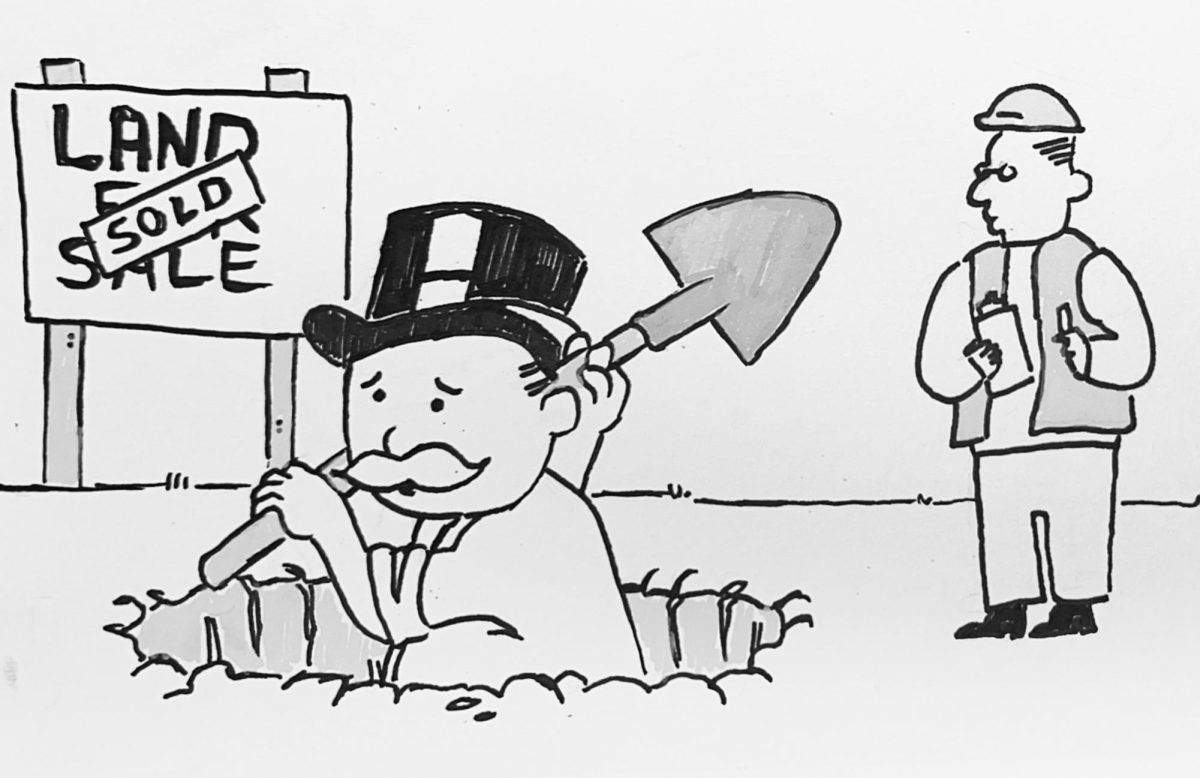I am gay. I am somewhat homophobic. I am white and was born in this nation’s capital. My memories begin in Nairobi, Kenya, where I was raised. I am here to write about the unsettling question of diversity and how it relates to Whitman College. I am here to discuss and to learn.
Our college struggles with diversity. This we can observe in the enraged writings of campus radicals and the Arabic signs held by Persian students in college greeting cards. We often engage with diversity as the differences in identity. However, in doing so we generate superficial understandings of identity for minority populations and delegitimize the majority’s thoughts and opinions.
These “differences” are usually understood as the marginalized voices that disrupt the homogeneity of the majority population. The majority is taught to seek out and glorify the minorities: the queer, the dark-skinned and the financially assisted. Marginalized people’s experiences with inequality and discrimination become educational resources that expand the majority population’s spheres of understanding and capacity for tolerance.
I have come to realize that my homosexuality and my multicultural upbringing are often to my benefit here at Whitman. These aspects of my identity generate interest and excitement in many Whitman community members without any further explanation.
On a campus that so glorifies diversity, however, one’s minority status may become the defining aspect of one’s identity. When difference is seen as the more legitimate, or just more interesting, part of an identity, individuals become known solely for their minority status rather than their whole personhood. This often leads to more superficial relationships, based on only the differences that exist between individuals.
Our campus emphasizes difference as a desirable attribute, and I wonder what impact this has on the majority population. How does a more privileged majority regard their alleged lack of diversity, of difference? Do they feel less interesting, less deserving of celebration or curiosity because they are representative of the majority?
There is insecurity about privilege on this campus. It is expressed in the elimination of language that might in any way be construed as oppressive to a minority and the near absence of potentially offensive questions about what it is like to be black, to be lesbian or to be a woman. The “privileged” majority population begins to bury their questions and their identities under a wave of political correctness, afraid to expose their “privilege” because it seems elitist and oppressive next to the celebrated struggles and differences of the minority populations.
Consider how I began this article by introducing my differences: capitalizing upon my minority status so that readers might think my opinion is somehow more legitimate, that I might speak to issues of identity and diversity with greater authority. Sadly, I believe this authority will stop many of the majority from questioning my arguments. Furthermore, I am afraid I may become known as that gay, fake African who writes for The Pioneer.
This is what emphasizing difference creates: an overly cautious and stifled majority population and a minority population celebrated for their uniqueness but perhaps known and understood superficially. What, then, do we stand to gain by refocusing on our similarities, as I suggested earlier?
What we stand to gain is the knowledge that regardless of our status––minority, majority or otherwise––we are all capable of existing within the fullness of the human spectrum. I can be gay, but that does not preclude my being homophobic. One can be white and wealthy and able to interact meaningfully with minority populations. The similarities between us are fundamentally human. We all deserve to have our views examined and refined with the help of our friends, professors and mentors, and we all deserve respect.








